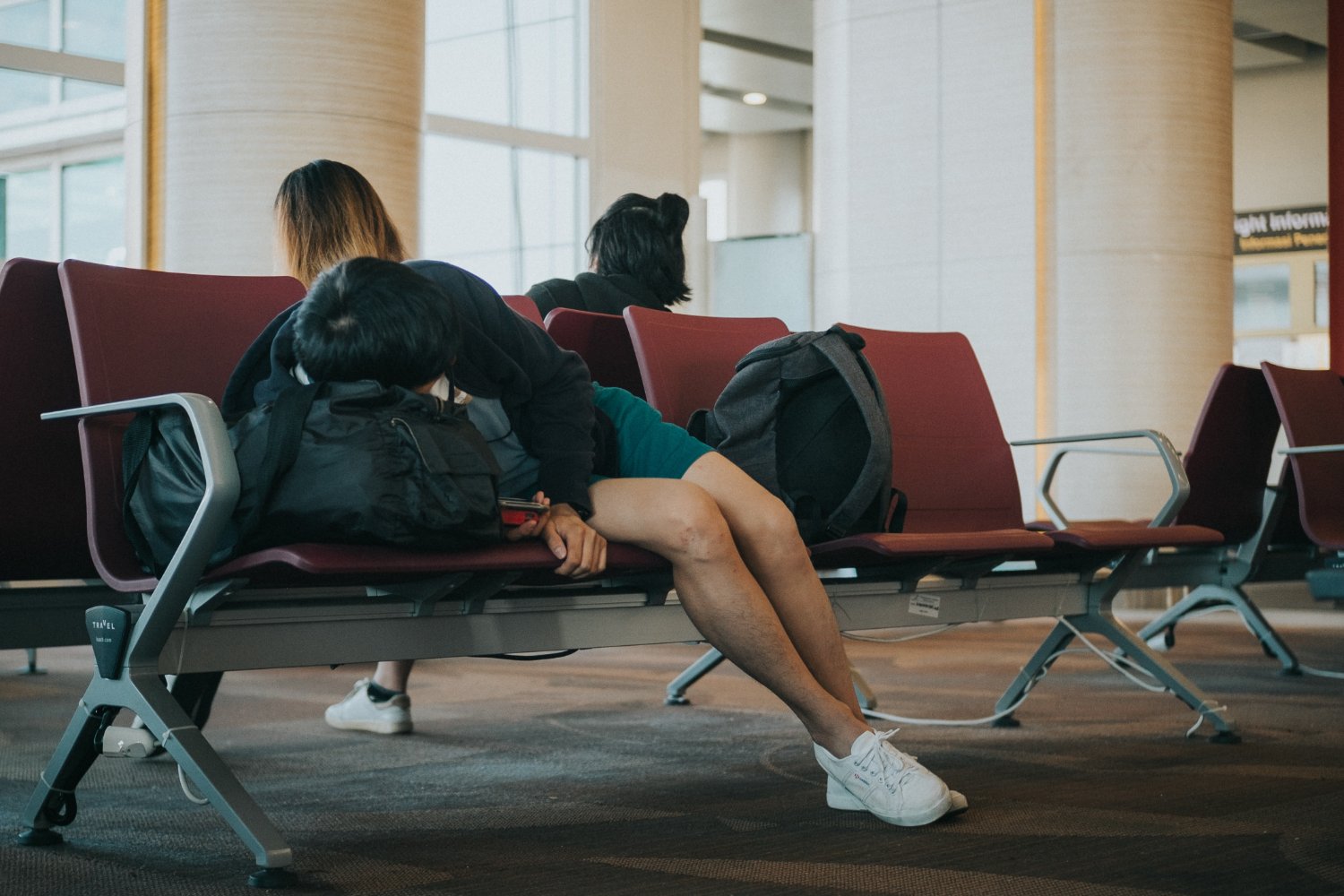Jet lag be gone: Mastering time zone transitions

Traveling across time zones can be thrilling, but it also brings the challenge of jet lag. Here's how to manage it effectively.
Understanding Jet Lag
Jet lag occurs when your internal body clock is out of sync with the new time zone. It often results in fatigue, insomnia, and even digestive issues.
Before Your flight
- Adjust your schedule: Gradually shift your sleeping and eating patterns a few days before your flight to match your destination's time zone.
- Stay hydrated: Drink plenty of water before, during, and after your flight to avoid dehydration.
- Choose flights wisely: If possible, select flights that allow for easier adjustment to time changes.
During the Flight
- Avoid alcohol and caffeine: These can dehydrate you and affect your sleep patterns.
- Move around: Walk and stretch periodically to improve your circulation.
- Try to sleep: Use eye masks, earplugs, and neck pillows to help you sleep on long flights.
Upon Arrival
- Get sunlight: Exposure to natural light can help reset your internal clock.
- Stick to local time: Try to eat and sleep according to the local schedule, even if you're not tired.
- Take short naps: If necessary, take brief naps (20-30 minutes) to recharge.
Additional tips
- Consider melatonin supplements: They can help adjust your sleep cycle but consult with a healthcare provider first.
- Stay active: Engage in light exercise like walking to reduce fatigue and improve sleep.
Jet lag can be a nuisance, but with these strategies, you can minimize its impact and enjoy your travels to the fullest.